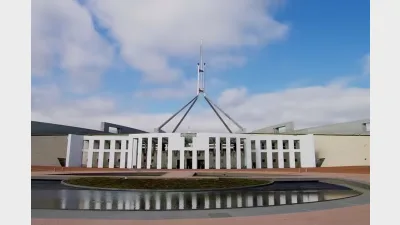TRIS deadline too tight: ASFA



The Federal Government has been warned that it may have to delay implementation of its transition to retirement income stream (TRIS) budget measures for up to a year because superannuation funds do not have the resources to make the necessary changes by 1 July, next year.
The Association of Superannuation Funds of Australia (ASFA) has used a submission to the Treasury to plead for a possible 12-month extension to the TRIS timeframe to 1 July, 2018, at the same time as pointing out that the cost of the changes to superannuation funds runs into millions of dollars and represents a heavy burden on their compliance budgets.
It said that the actual costs of implementing the TRIS arrangements are disproportionate to the number of members involved.
The submission, filed with the Treasury late last week, states that the TRIS budget measure "presents a fundamental shift away from the way in which pension products have been built and currently operate".
"In particular, current registry systems, fund accounting, unit pricing, and tax return processes generally were not developed to manage an earnings tax on an individual's pension assets, as earnings on all pensions were tax free," it said.
"Funds will have to segregate their TRIS members from other members receiving income streams and may need to restructure their arrangements with respect to the underlying assets and rebuild their tax engine."
The submission said some funds would be required to build systems to track earnings in the fund against each member, aggregate them and tax them at 15 per cent "which, given the number of investment options, will prove to be a complex and time consuming operational build".
It said that along with the considerable system changes that would need to be made there would be significant additional work required to implement this measure, including:
- The design and implementation of appropriate processes to manage the operational risks created by the new categorisation of products and members;
- The determination and retention of the market values of affected assets to implement the capital gains tax (CGT) cost base relief; and
- Changes to Australian Taxation Office (ATO) reporting — currently TRIS members are reported as pension members but, as their account balance will not count towards the transfer balance cap, this will need to be changed in future reporting.
"A number of funds have indicated to us that they believe it will take them between 18 and 24 months to make the necessary system and process changes to be able to administer this change," the submission said.
"The alternative — to close their existing products — would take at least nine months to complete."
Recommended for you
Superannuation fees have continued their multi-year decline, as fund consolidation and index investing deliver scale efficiencies for members.
Super funds demand fast passage of payday super laws, while small business advocates warn of cash flow pressures and compliance risks.
The superannuation industry could move faster on personalisation, according to MLC, and the fund has identified three core areas where it will be focusing its personalisation efforts over the next 12 months.
The Actuaries Institute has released a framework to help super funds deliver affordable guidance and advice to millions approaching retirement.









